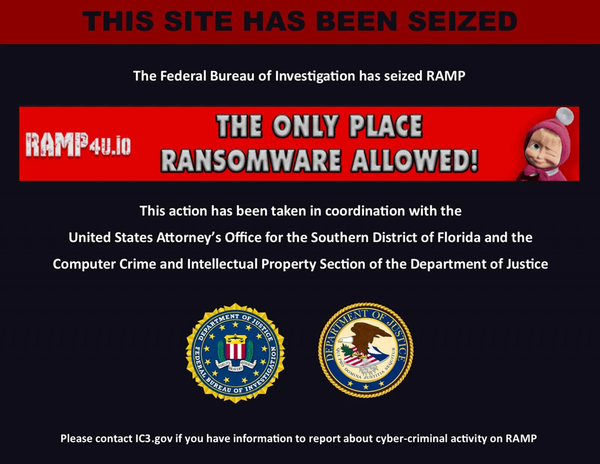Former defense firm GM pleads guilty to selling cyber exploits to Russian broker
Nation-state hackers breached key US telecom services firm Ribbon Communications for nearly a year, US government agencies back bid to ban TP-Link routers, Hacktivists breached Canadian critical infrastructure, Python Foundation rejected US grants that required DEI deletions, much more





